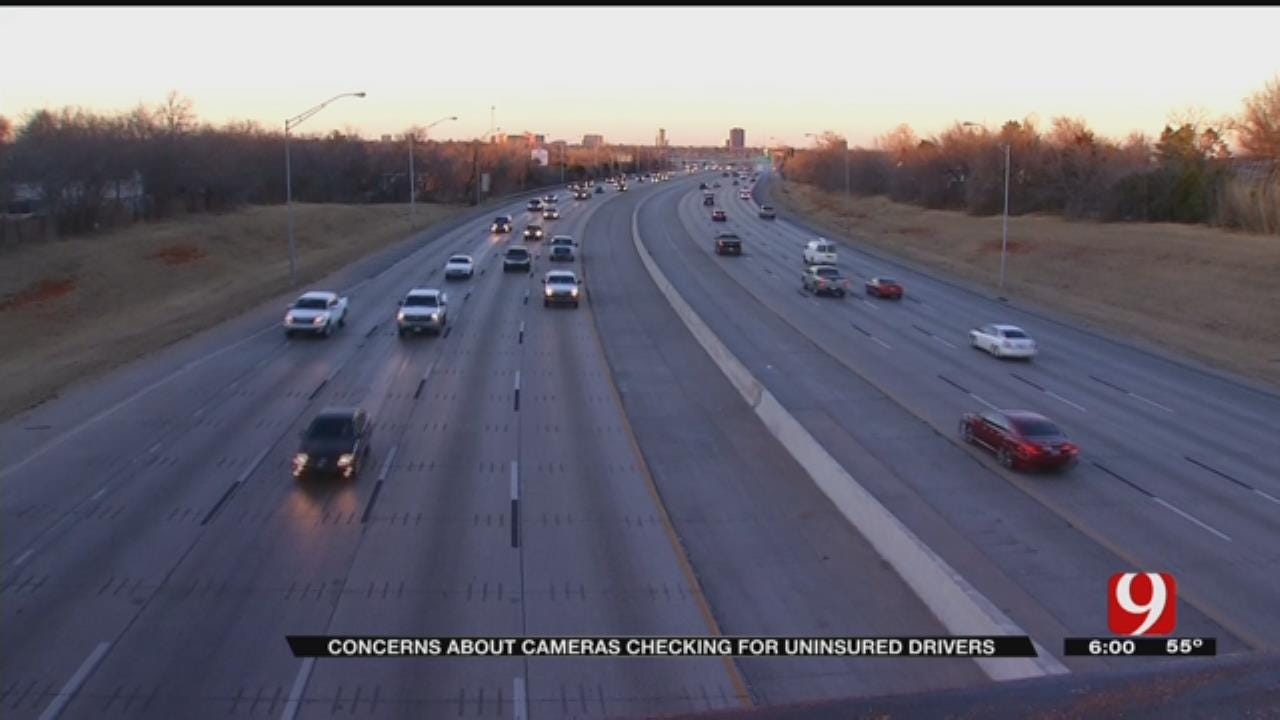Oklahoma To Start Using Cameras To Catch Uninsured Drivers
<p>Oklahoma has one of the highest rates of uninsured drivers in the country. Now the state is going to start using cameras to catch those drivers.</p>Tuesday, November 21st 2017, 6:55 pm
Oklahoma has one of the highest rates of uninsured drivers in the country. Now, in what is believed to be a first-in-the-nation program, the state is going to start using cameras to catch those drivers.
A private company, GATSO USA, is paying for the cameras. In exchange, they will receive a portion of every ticket collected. Those cameras could be up and collecting data within a year.
This summer, police say D'Angelo Burgess led police on a high-speed and reckless chase that ended in the death of Oklahoma Highway Trooper Lt. Heath Meyer. Investigators say Burgess didn't have insurance. He's an extreme case of a big problem in Oklahoma where one in four drivers are uninsured.
But by using cameras, many of those drivers will be identified, asked to buy insurance and pay a $184 dollar fine. If they don't, their local DA will be notified and they could face misdemeanor charges and a warrant for their arrest.
Initially, 12 to 15 cameras will be installed in Oklahoma City and Tulsa. They will be mounted on trailers or vehicles so they can be moved to other locations. Eventually they’ll be in all 77 counties.
“We’re going to be able to check thousands and thousands of drivers on a daily basis,” said Kevin Buchanan, the President of the District Attorneys Council. The District Attorneys Council is overseeing the program.
“I think it’s too early to tell if this is exactly a good or bad thing,” said Brady Henderson, the legal director of the ACLU of Oklahoma. Henderson says they have already begun digging into public records of the program.
“Some of what concerns us is privacy,” he says. “It’s what happens with data, who gets to see it and use it. Particularly because we’ve got both public entities and we’ve got private companies in here.”
But Buchanan says once a license plate image is cleared, it's destroyed.
“We don’t retain it anywhere, we don’t keep it anywhere.”
Brady says they also have policy concerns about such a program that places an additional financial burden on people who likely don’t have insurance because they can’t afford it.
“Is this something that’s actually sending more people down the spiral where they end up in jails and they end up losing jobs or losing transportation to work?”
Henderson says they'll also be watching where the cameras are placed. If they are concentrated to catch certain classes or races of people that would be a violation of equal protection rights.
More Like This
November 21st, 2017
November 13th, 2024
October 28th, 2024
October 17th, 2024
Top Headlines
January 14th, 2025
January 14th, 2025
January 14th, 2025
January 14th, 2025










